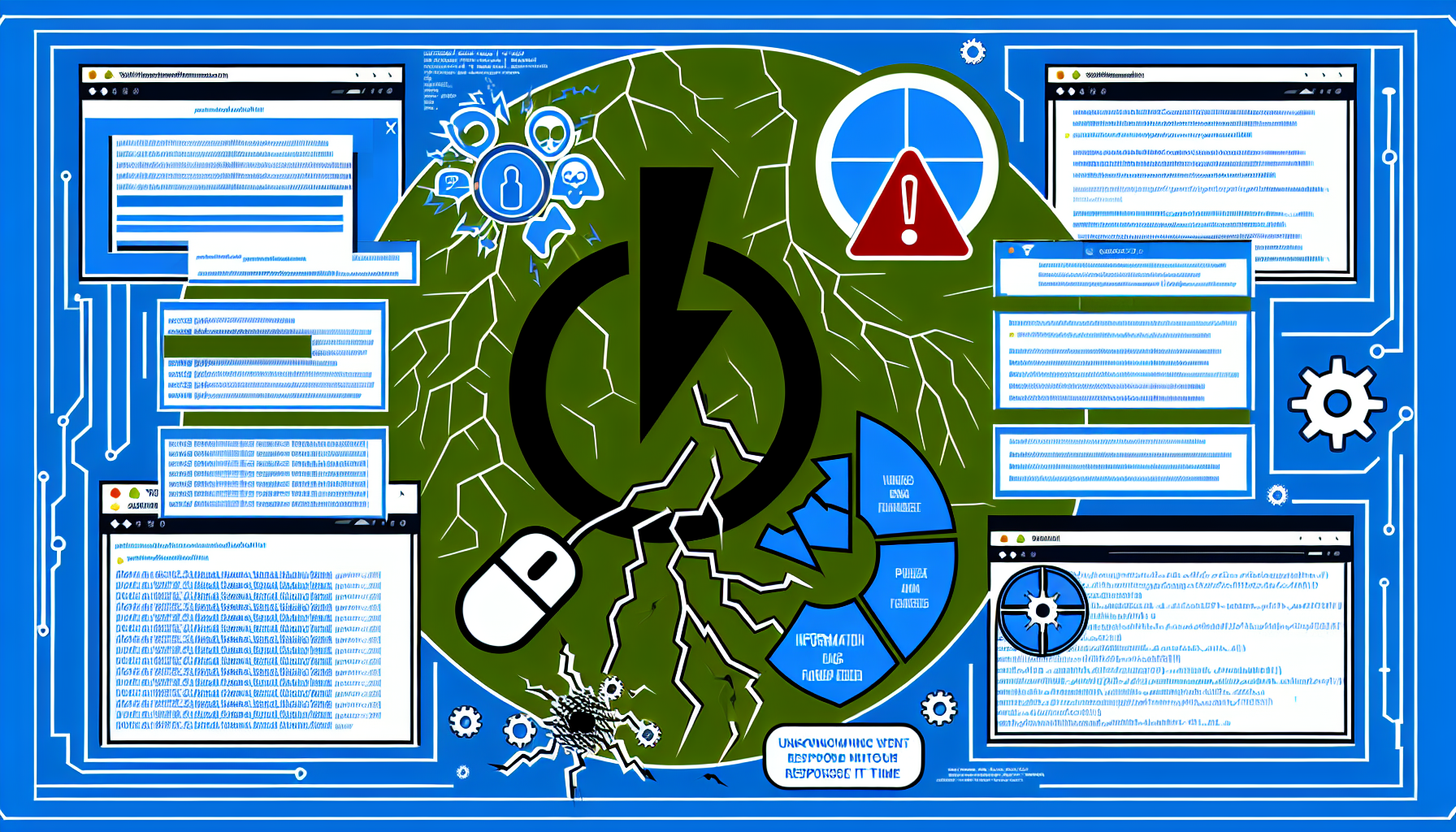Threat Report for Security Operation Center
Published by CyberHunter_NL on May 2, 2025
Threat Overview
The security landscape is constantly evolving, and new threats emerge regularly. One of the latest threats identified involves malicious Go modules that fetch destructive payloads using wget. This report provides an in-depth analysis of this threat, its potential impact, and recommendations for mitigation.
Short Description of the Threat
The threat involves the use of malicious Go modules that leverage the wget command to download and execute destructive payloads on targeted systems. This method allows attackers to bypass traditional security measures and deliver malware that can cause significant damage to infrastructure and data integrity.
Confidence Level and Reliability
The confidence level for this report is 100, indicating a high degree of certainty in the information provided. The reliability of the report is rated as A – Completely reliable, ensuring that the data is accurate and trustworthy.
Key Elements of the Report
The report includes 52 connected elements, providing a comprehensive view of the threat landscape. These elements cover various aspects of the attack, including indicators of compromise (IOCs), tactics, techniques, and procedures (TTPs), and mitigation strategies.
External References
For additional information, please refer to the following external references:
- https://socket.dev/blog/wget-to-wipeout-malicious-go-modules-fetch-destructive-payload
- https://otx.alienvault.com/pulse/6814c135fbf7693035096857
Detailed Analysis
The threat involves the use of Go modules, which are packages that contain code and other resources used in Go programming. Attackers have found a way to embed malicious code within these modules, allowing them to execute arbitrary commands on the target system.
The wget command is commonly used for downloading files from the internet. In this case, attackers use wget to download a destructive payload that can wipe out critical data or disrupt essential services. This method is particularly effective because it leverages legitimate tools and protocols, making it difficult to detect using traditional security measures.
Impact of the Threat
The impact of this threat can be severe, especially for organizations that rely on Go modules in their development processes. The destructive payloads can cause significant data loss, service disruptions, and financial damage. Additionally, the use of legitimate tools makes it challenging to identify and mitigate the threat effectively.
Recommendations for Mitigation
To protect against this threat, organizations should consider the following recommendations:
- Implement Strict Access Controls: Limit access to development environments and ensure that only authorized personnel can execute commands like wget.
- Use Code Signing: Enforce code signing for all Go modules to ensure their integrity and authenticity.
- Monitor Network Traffic: Deploy network monitoring tools to detect unusual activity, such as unexpected downloads or command executions.
- Regular Security Audits: Conduct regular security audits of development processes and environments to identify potential vulnerabilities.
- Employee Training: Provide training to developers on secure coding practices and the importance of verifying the integrity of third-party modules.
Conclusion
The threat posed by malicious Go modules fetching destructive payloads using wget is significant and requires immediate attention. By understanding the tactics, techniques, and procedures used by attackers, organizations can implement effective mitigation strategies to protect their systems and data. Regular monitoring, strict access controls, and employee training are essential components of a comprehensive security strategy.
For more detailed information, please refer to the external references provided in this report.
Discover more from ESSGroup
Subscribe to get the latest posts sent to your email.




